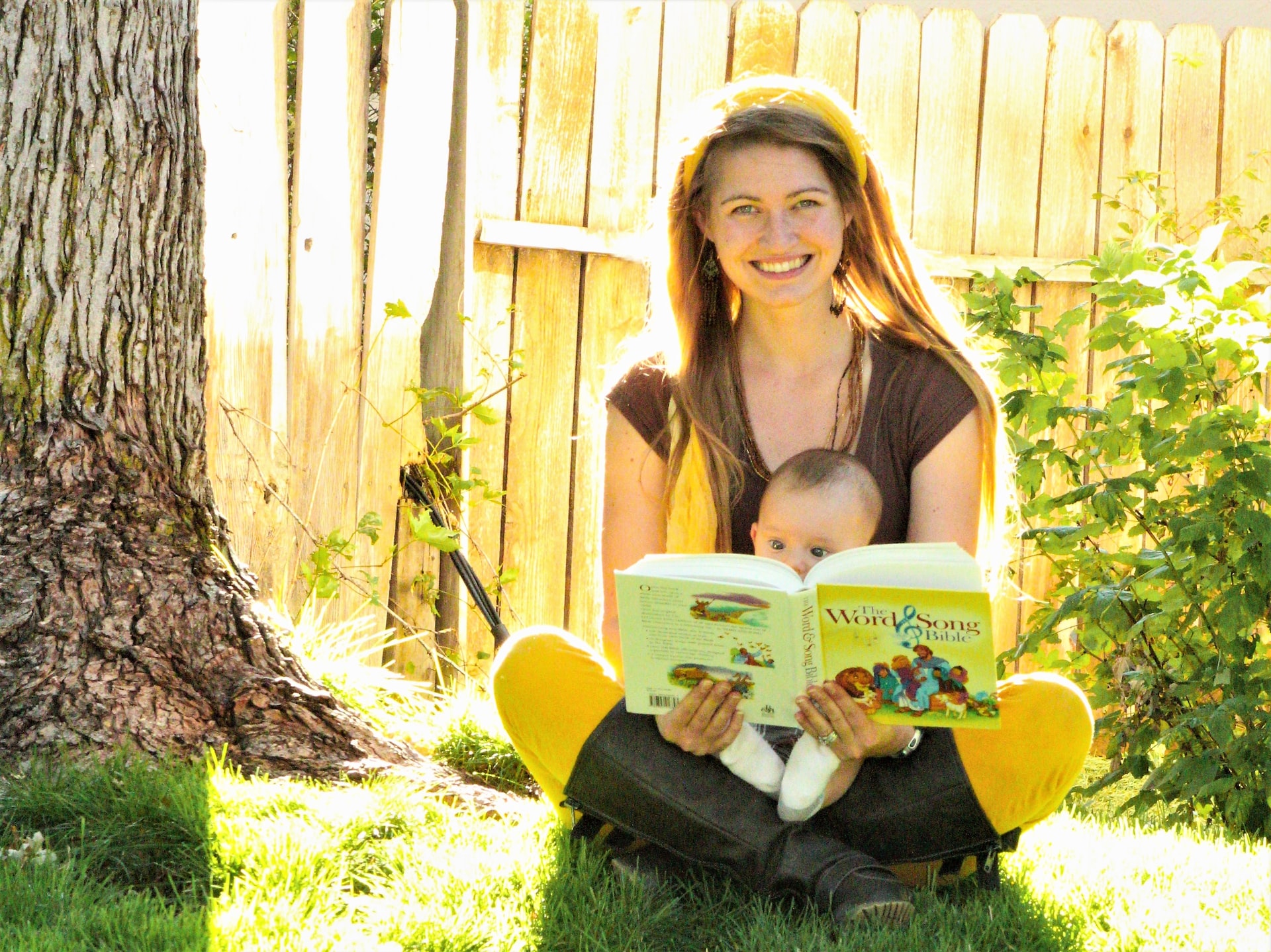What to Expect: Age 4

Your child’s early years are full of wonder and rapid growth in every area of their life. Parents want to ensure that their children are meeting all of the necessary developmental milestones on time. With preschool looming on the horizon for many kids, parents want to take a few moments to review whether their child is really ready.
How many of these benchmarks has your child already started to meet?
Physical Milestones
Physical milestones are often the easiest for parents to judge around age four. Their gross motor skills should be developing rather rapidly. Overall, these newfound physical abilities give your child more independence on a daily basis. By the age of four, children are usually able to:
- Hop on one foot
- Balance on one foot for two seconds or longer
- Swing or climb
- Catch a bounced ball most of the time
- Mash their own food with supervision
Children with more motivation may begin to master more difficult skills like skipping or climbing the stairs on their own. Parents should evaluate how much motivation their children have to learn these skills. Experts recommend ensuring they have enough playtime with other children, away from excessive amounts of toys. This will help your child to develop better physically.
Language
Language is one of the most useful skills that your child is continuing to develop at age four. By this age, they should be able to say their own name and address or tell their own stories. They may also memorize and sing silly poems or children’s songs like The Wheels on the Bus.
They should also be developing a firm grasp on the future tense and identifying some very rudimentary grammar concepts (such as pronoun usage). Sentences should have approximately five words or more.
Social and Emotional
At age four, many children are quickly developing the ability to make friends and relate to peers. They develop a strong desire to please children their own age and to mimic behaviors seen in others. When it comes to playtime, here are a few standard milestones most children achieve at this age:
- Cooperating with rules and other children during play
- Imaginative play or roleplaying
- Preference of playing with others versus alone
- Talking about interests and likes or dislikes
- Separating make-believe from reality
- Interest in singing and dancing
Cognitive
Parents are often very interested in what their child should be learning by the age of four. Keeping up with the skills your child has mastered allows you to set them up for better school success. At age four, there are a few common things most children will be able to do cognitively according to the CDC:
- Beginning to name colors, numbers, and shapes
- Some grasp on time
- Recall parts of a story
- Draw people with two to four body parts
- Play simple board games or card games
- Start to categorize items (things that are the same versus things that are different)
Developmental Delays
These are just a few of the standard capabilities of a four-year-old according to research standards. If you feel like your child isn’t reaching these milestones and developmental benchmarks, consult with your pediatrician.
Many of the warning signs of developmental delays at age four consist of issues regarding their independence and daily living skills. These can include things like struggling to dress or undress, inability to brush teeth or wash hands, and issues with potty training. However, if your child is consistently behind in many of these areas, you should consult a trusted pediatrician for a potential cause.
Your child’s fourth year will bring tremendous growth in their cognitive, social, and physical capacities. Consider the amazing ways their minds and bodies will develop. You can use this checklist to help determine if your child is meeting their milestones and could be ready for preschool.






